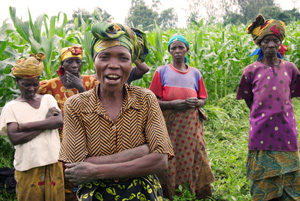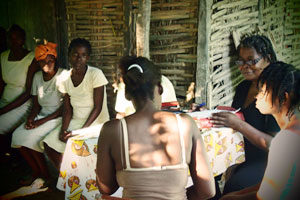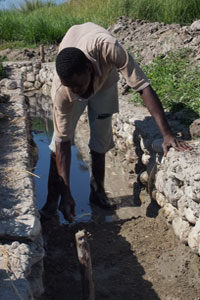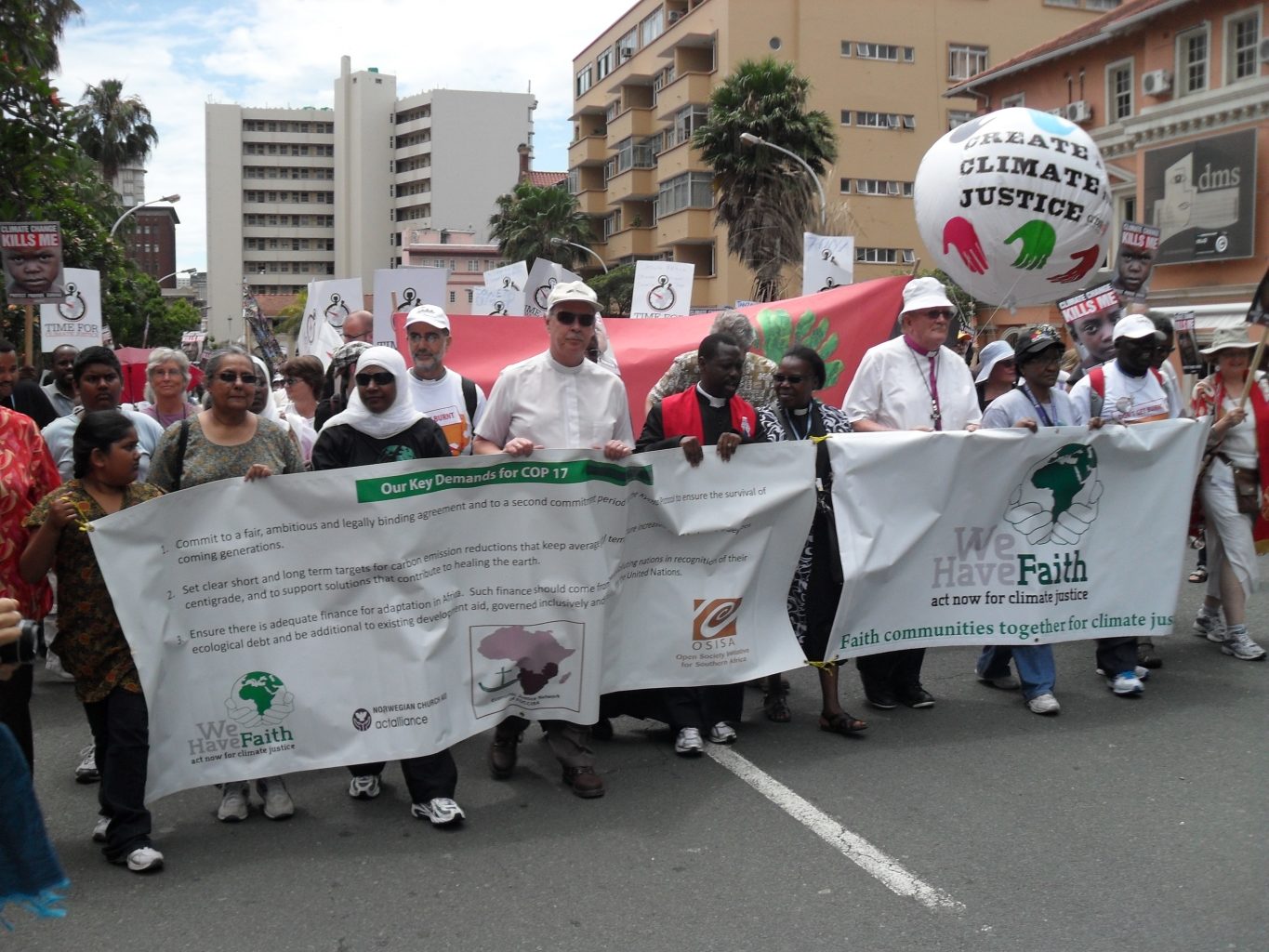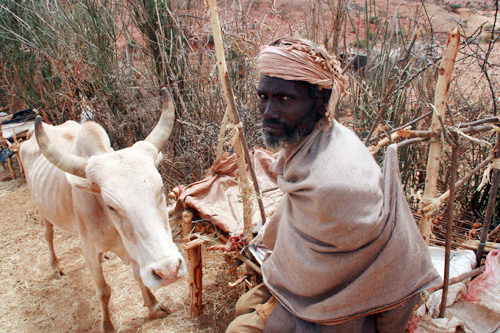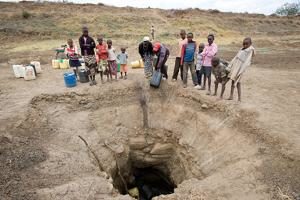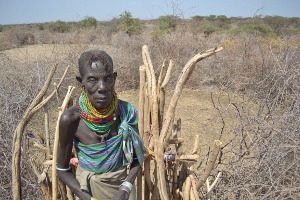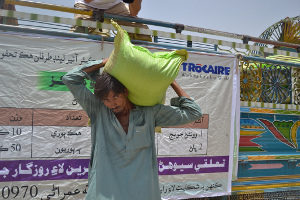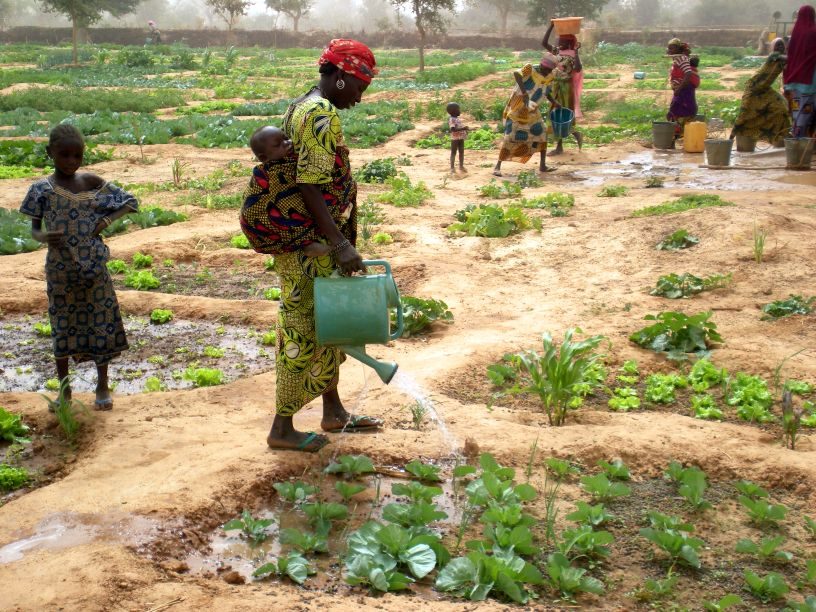
The crisis is threatening the Sahel region of Africa—the band of land below the Sahara desert, extending from Senegal to Chad. In a normal year, the Sahel receives on average as little as 78 to 236 inches of rain. Last year’s rains were poor and the harvests bad or non-existent.

